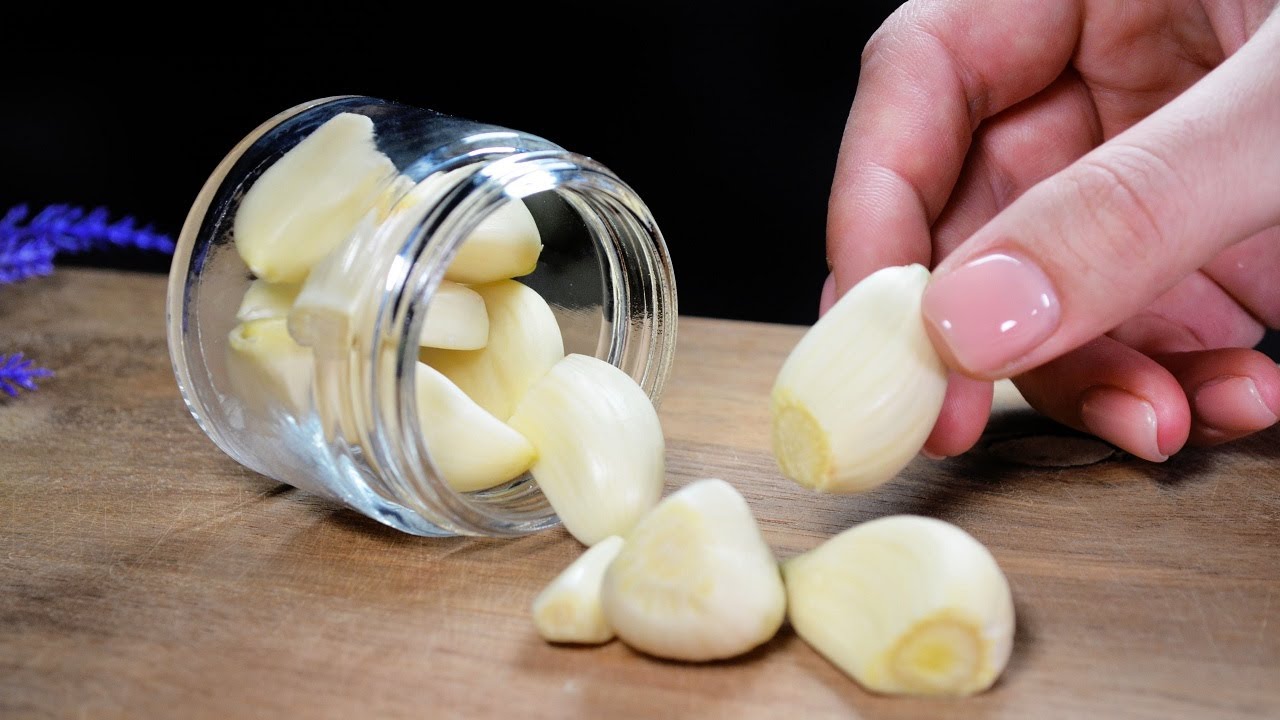
Rosemary oil is a wonderful, versatile product that can be used for hair care, skincare, and even in cooking. Making rosemary oil at home is simple and rewarding. Here’s a step-by-step guide to help you create this aromatic and beneficial oil right in your kitchen.
Ingredients You’ll Need:
-
Fresh or dried rosemary (about 1 cup)
-
Carrier oil (such as olive oil, coconut oil, or jojoba oil – about 2 cups)
-
A clean, dry glass jar with a lid
These basic ingredients are all you need to make your own rosemary oil.
Why Rosemary Oil?
-
Hair Care: Rosemary oil is known to stimulate hair growth, reduce dandruff, and strengthen hair.
-
Skincare: It has anti-inflammatory and antimicrobial properties, making it great for soothing the skin and treating acne.
-
Aromatherapy: The scent of rosemary can improve concentration and relieve stress.
How to Make Rosemary Oil:
-
Prepare the Rosemary: Start by washing your rosemary to remove any dirt. Pat it dry thoroughly with a clean towel. If you’re using fresh rosemary, allow it to air dry completely for a few hours to prevent any moisture from being introduced into the oil.
-
Chop the Rosemary: Chop the rosemary into small pieces. This helps release the essential oils from the plant, ensuring a stronger infusion.
-
Combine with Carrier Oil: Place the chopped rosemary into your clean, dry glass jar. Pour your chosen carrier oil over the rosemary until it’s completely submerged. Leave about an inch of space at the top of the jar to allow for expansion.
-
Infuse the Oil: Seal the jar tightly and place it in a warm, sunny spot, like a windowsill. Allow the rosemary to infuse the oil for about two weeks. Shake the jar gently every day to help mix the contents and release the rosemary’s essential oils.
-
Strain the Oil: After two weeks, strain the rosemary out of the oil using a fine mesh strainer or cheesecloth. Pour the infused oil into a clean glass bottle or jar for storage.
How to Store Your Rosemary Oil:
-
Keep it Cool: Store your rosemary oil in a cool, dark place to preserve its freshness and potency. A pantry or a cupboard works well.
-
Label It: Label your bottle with the date so you know when it was made. Homemade rosemary oil can last up to six months if stored properly.
Final Tips:
-
Experiment with Carrier Oils: Different carrier oils offer various benefits. Olive oil is great for hair, coconut oil is excellent for skin, and jojoba oil is light and versatile.
-
Use Dried Rosemary: If fresh rosemary isn’t available, dried rosemary works just as well and might even be easier to handle.
-
Enjoy the Process: Making rosemary oil at home is not only beneficial but also a fun and satisfying project.
Homemade rosemary oil is a fantastic, all-natural product that you can use in numerous ways. Whether for beauty, wellness, or cooking, this DIY rosemary oil is a great addition to your home. Enjoy the delightful aroma and the many benefits it brings!





